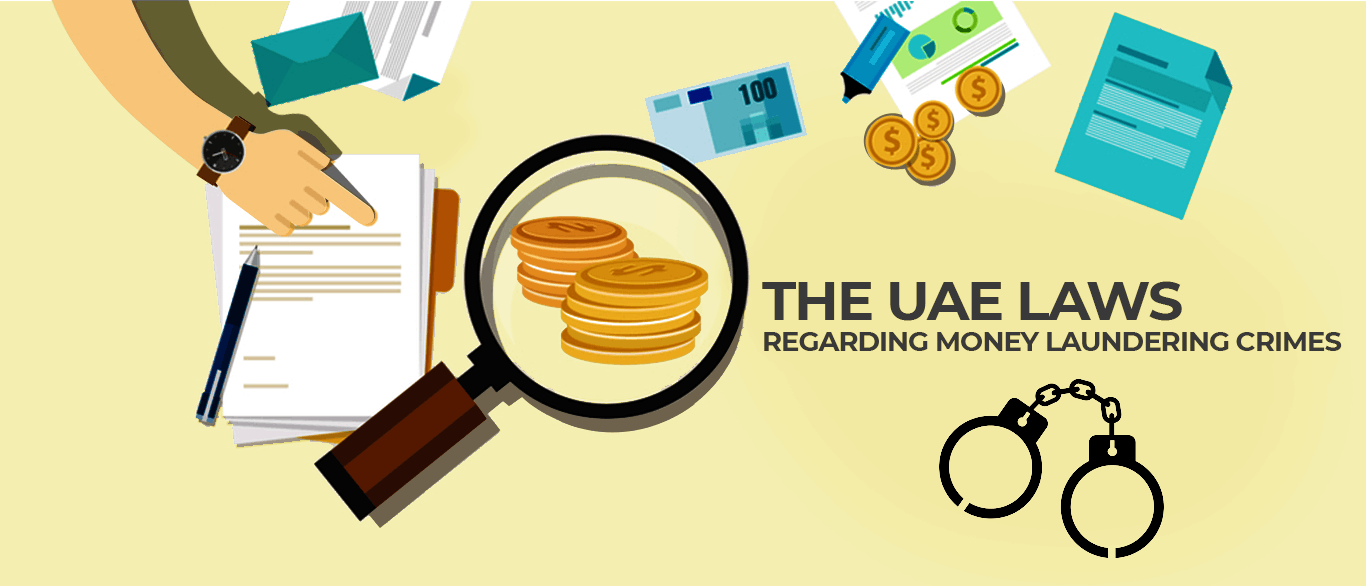
The UAE has made a series of changes in the way it handles money laundering. The government has gone the additional mile in clubbing the Anti-money laundering laws with terrorism financing so that the law Federal Decree No. 20 of 2018 applies to several verticals of illegal monetary transactions. The new laws are in accordance with the guidelines set by the Financial Action Task Force, which pertain to terrorism financing and anti-money laundering regulations.
His Highness Sheikh Khalifa bin Zayed Al Nahyan himself issued the creation of a unit that solely handles money laundering, terrorism financing, and other illegal transactions. The new law implements a methodology where the institutions having an income, either through business or other professions must be completely accountable for their finances. They must not open accounts anonymously or under any pseudonyms.
The institutions must also identify, evaluate and update on crime risks that are involved in their area of business. there should also be internal policies that must be in place so that the company can review the risks better and intercept them before it escalates.
As per the new reforms, if any person or institution is caught performing the following procedures with the knowledge that the funds were generated as a result of a crime, then action will be taken against them.
One must note that these actions we have specified will only count as a crime if the person handling the money is aware that it is from illicit sources, otherwise, the crime is considered to be committed out of negligence. Since money laundering is not considered to be a predicate crime, a person charged for predicate crime can be charged money laundering penalties if they are found guilty with money laundering.
The financial information is set in place to regulate financial institutions by reviewing their report and other financial activities. If any discrepancies are found out in the operation of a financial institution, the report will be handed over to the concerned law enforcement teams.
The financial information unit can also have the authority to transfer the reports on illicit conduct to other countries who may help the UAE departments in the process.
There are other government bodies that regulate monetary proceeding in UAE and often, for cases that span across multiple jurisdictions, they collaborate with each other. The following government bodies are active in UAE’s Anti-Money Laundering initiative:
The penalties that come in effect when charged with Money Laundering begins with a fine that ranges from DH 10,000 to DH 1 million. There is also a chance of imprisonment that can last up to 10 years.
Are you facing legal complications that pertain to Money Laundering? Put yourself and your business in the safe by hiring expert lawyers to present yourself in court. With Al Khalifa Advocates in Dubai, you will always have the legal upper hand! Contact us today to know more!